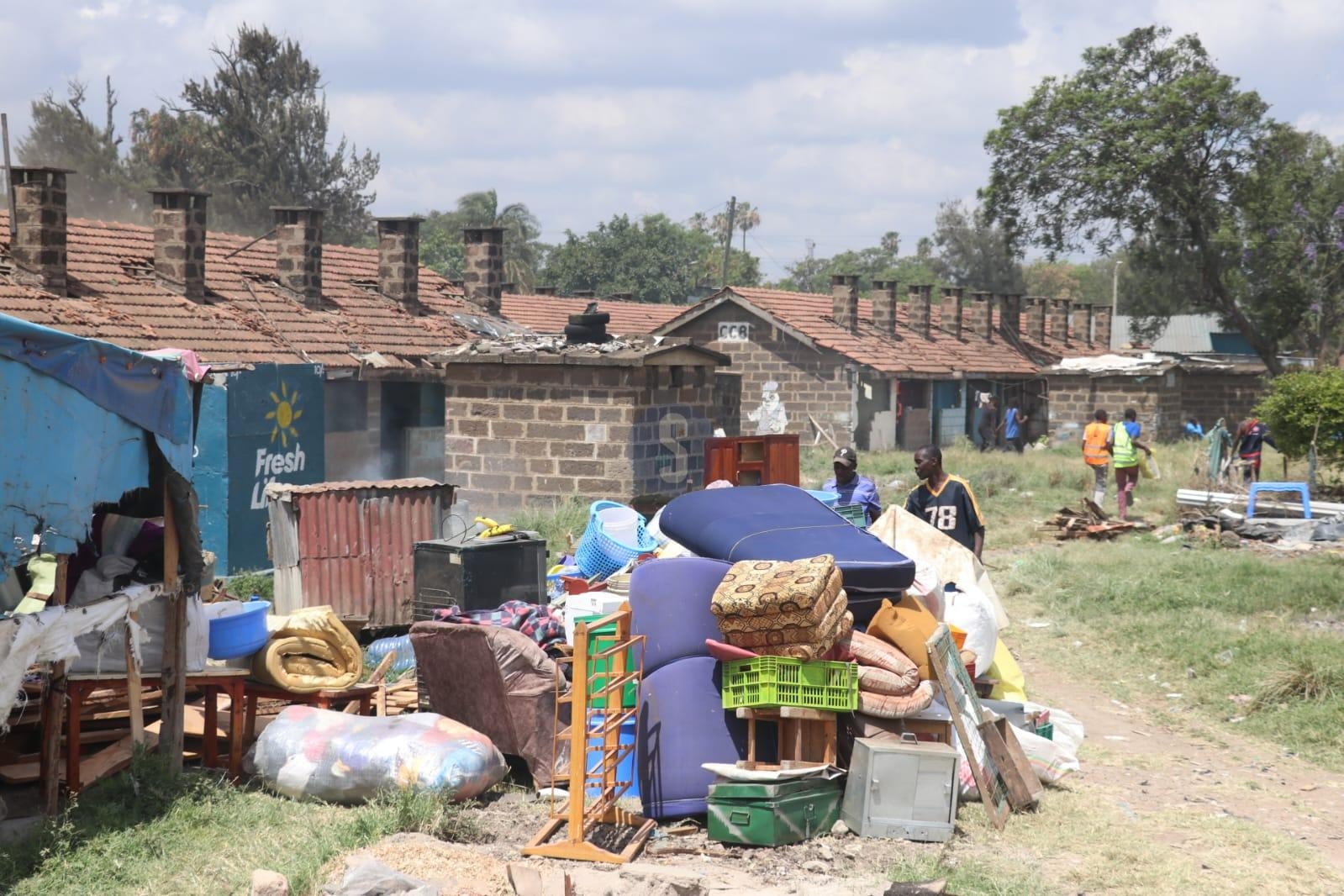On the evening of September 11, 2001, I was on my way home from work, dreading the uncomfortable ride in the crowded, noisy minibuses that are the backbone for what passes for Nairobi’s public transport system.
I spotted a group of people crowding the TV outside an upscale bar. Walking over to find out what was going on, the images of a burning tower seemed like something out of a movie. Then the second plane hit and I pulled up a chair knowing I was not heading home for a while.
Like everyone else at that bar, I instinctively felt something significant was happening, even though we did not appreciate then just how world-changing the events would be.
International terrorism was nothing new to Kenyans at the dawn of the 21st century. In 1976, the country quietly aided the audacious Israeli mission to rescue 260 passengers and crew after members of the Popular Front for the Liberation of Palestine and the German Revolutionary Cells hijacked an Air France plane and flew it to neighbouring Uganda.
Five years later, the bombing of the Norfolk hotel in Nairobi that killed 20 people and injured close to 100, was a linked to the PFLP, apparent payback for Kenya’s role in the Entebbe operation.
In 1998, Kenya suffered its worst attack to date when 213 people were killed and over 4,000 injured after al Qaeda militants bombed the US embassy in Nairobi, causing a commercial building next door to collapse.
The attack on the US, however, seemed set to be orders of magnitude more consequential, even for Kenya. This was exemplified when President Daniel Moi, for the first time took to the streets to lead a demonstration against the 9-11 attacks, something he had not done when Kenya was the target.
And with al Qaeda having set up a base next door in anarchic southern Somalia, Kenya would be drawn into the Global War on Terror Bush would launch.
Kenya had been battling the terrorists on its own territory, even before the GWOT arrived in the region. The 9-11 Commission report cites instances in the run up to the US embassy bombing when Kenyan authorities working with their US counterparts conducted operations against the al Qaeda cell established in the country in 1992 – the same cell that carried out the bombing.
The commission also prophetically noted that areas in northern Kenya bordering Somalia would be an ideal place to locate a terrorist base.
Despite the threat on her doorstep, for the first decade of the GWOT, Kenya was more focused on internal political upheavals, from the exit from power of the dictatorial Moi at the end of 2002, to a failed attempt to change the constitution three years later, to the violence that followed the disputed 2007 elections.
Still, in 2004 Kenya established a clandestine team within the paramilitary General Service Unit’s Recce Company, which was equipped, trained and is guided on counter-terror operations by the Central Intelligence Agency.
The team was responsible for, according to an investigation by Declassified UK, “the capture of high-value terror suspects, as well as rendition operations, killings and alleged summary executions”.
Then Vice President Kalonzo Musyoka would later admit that the government was carrying out extrajudicial killings “because we are doing the bidding of the West in the war on terror”.
In 2011, however, the country jumped in with both feet, ignoring the advice of more sensible heads – including the US – and sending troops into Somalia in October, a decision it would pay a heavy price for.
Still, looking back to that day 20 years ago, it strikes me that it is our own reactions as Kenyans - both positive and negative – to the things that have happened here, that have had the greatest impact on how people live.
The push for a new constitution, the political violence, corruption and the tech-inspired changes to how we move and handle money – all these have been far more significant for Kenyans than the 9-11 attacks.
And it is somewhat comforting to think that when barbaric actions by terrorists halfway across the world can inspire even worse superpower over-reactions that lay waste to entire nations and immiserate tens of millions, local circumstances and the acts of local people can still be what matters most.













